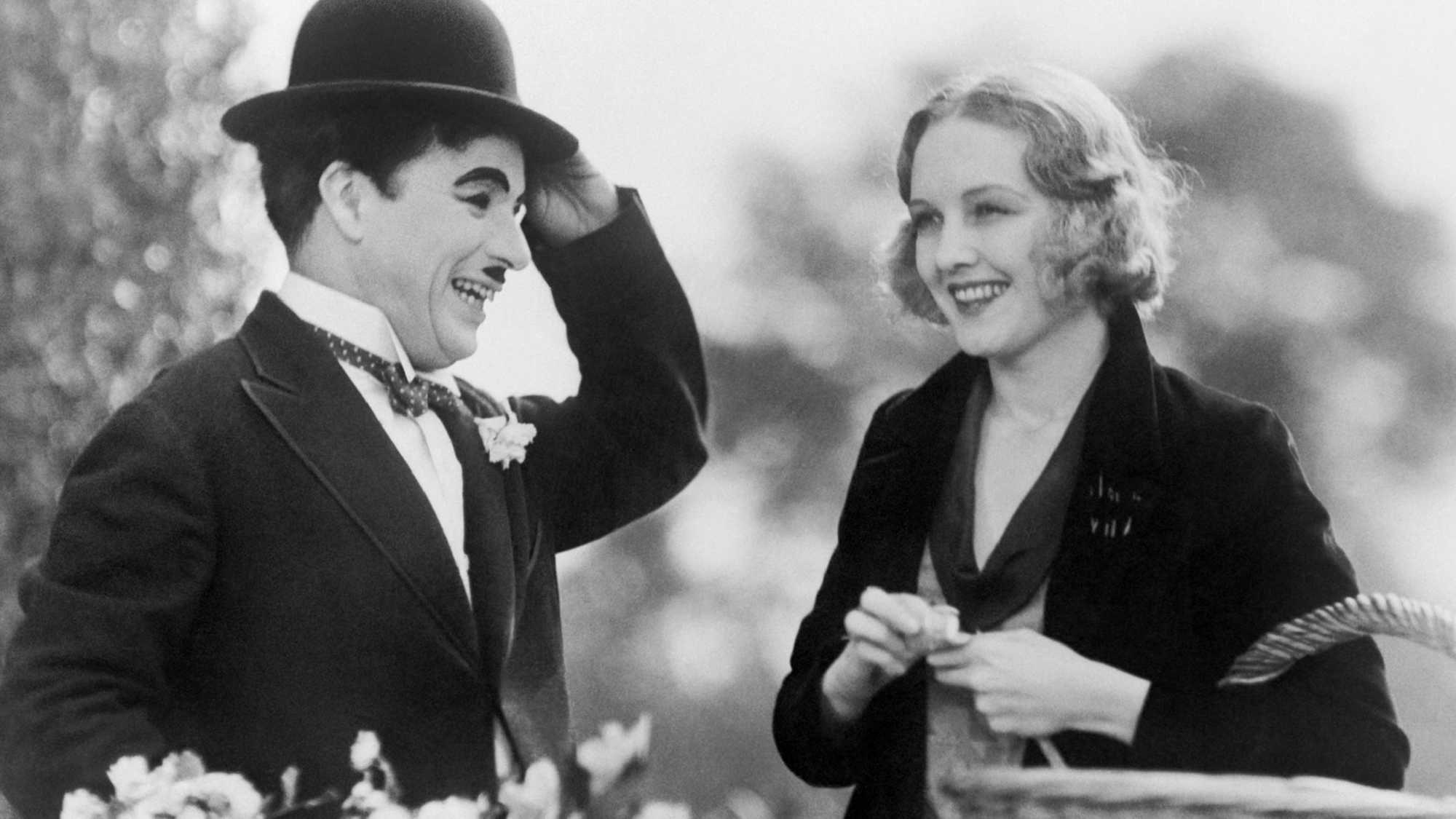
Screened as part of NZIFF 2001
City Lights 1931
Chaplin made City Lights after sound movies had taken over. He knew full well that the universal appeal of the Little Tramp would be limited by dialogue and his determination to preserve his silence was entirely vindicated by the huge and enduring success of the film. Cinema historians have described City Lights as an anthology of some of the funniest gags that 30 years of silent cinema had produced, and the film perfects jokes and comic situations that are readily identifiable from earlier Chaplin films. It is also considered his most successful combination of pathos and humour and even the most cynical of contemporary audiences have been known to shed tears at the film's emotional ending. — BG
A hilarious, poignant comedy masterpiece by Charles Chaplin. His Little Tramp is pushed around in a world where bourgeois types revere statues but chase away those penniless human beings who sleep among them; where the only aristocrats who befriend tramps - or even deign to acknowledge their existence - are those who are too drunk to remember their own prejudices; where the police are the enemies of anyone without money; where even butlers and newsboys enjoy pulling rank on tramps; where the disenfrachised go to jail for crimes they didn't commit.
But our Little Tramp retains his pride and dignity despite the constant humiliations he endures (he's constantly tipping his hat like a gentleman; he brushes off places he'll sit, despite wearing soiled, ripped pants); and he is one of the lucky few to see the beauty (the city lights) around him.
Sadly, few recongnize the beauty that is in him. He loves beautiful, aromatic flowers and he falls for the blind girl (Virginia Cherrill) who sells flowers on the street. He's willing to shovel manure and even to box to make enough money to help Cherrill and her grandmother pay their rent. She falls in love with him, thinking he's wealthy. Chaplin wants to get the money to pay for an operation that will give Cherrill sight - but he fears her reaction when she sees who he really is [...] An exquisite, infinitely rewarding film. — Danny Perry